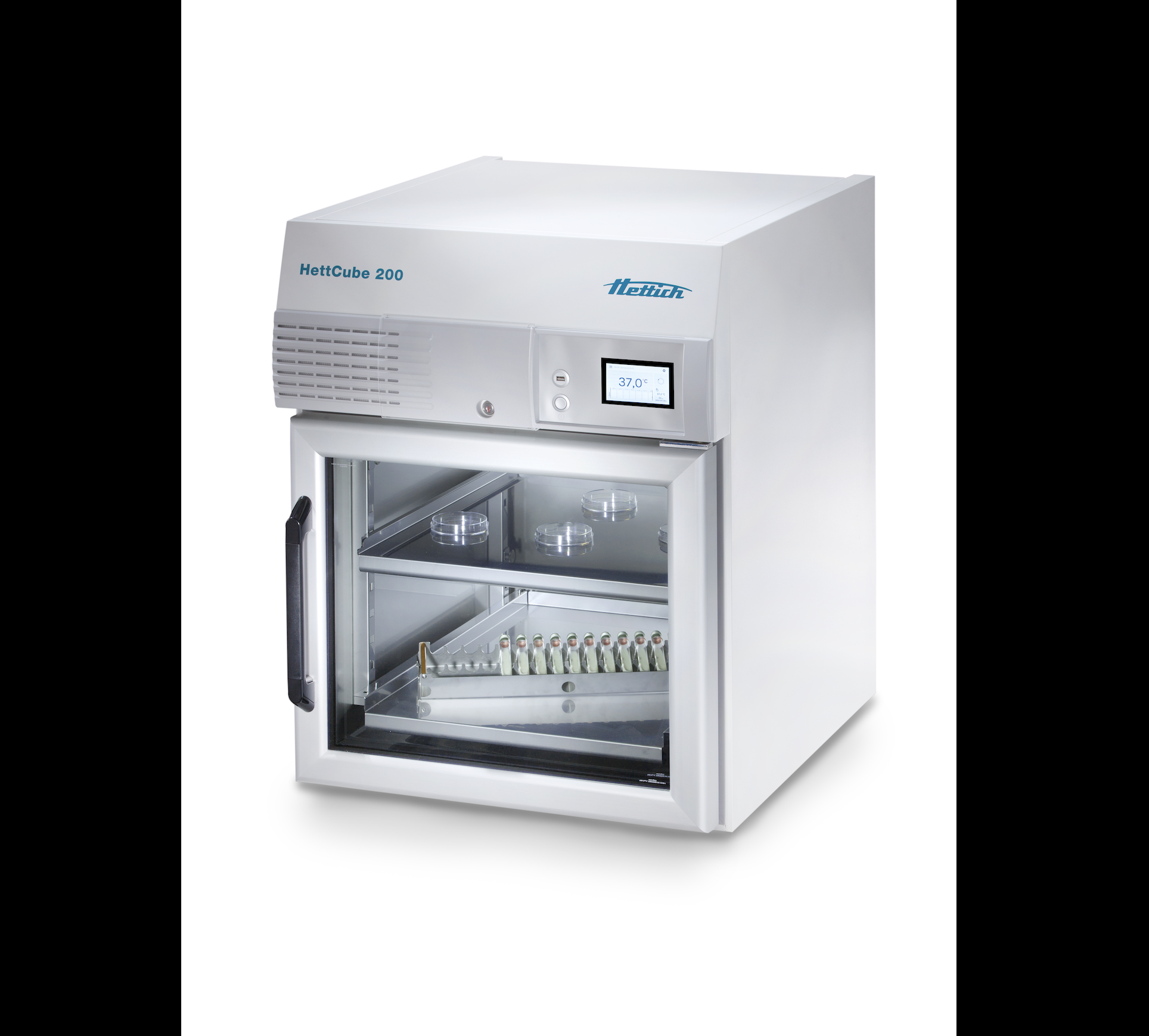
Laboratory incubators have a vast range of uses and applications. They are also mostly used in laboratories that are dedicated to pharmaceuticals and microbiology. They are also typically used in other industries such as life science, food and beverage, agriculture, and cosmetics.
Cleanliness is very important when working and operating a laboratory incubator. When not cleaned properly, germs and other contaminants can remain and can affect the samples. The contaminants can also affect the samples through impurities on the surfaces of the chamber or the air movement in the chamber.
To ensure the cleanliness of your laboratory incubator, the chamber is designed without any sharp edges and to be as ergonomic as possible. To make cleaning easier, the interiors are also made from corrosion-free stainless steel. Minimizing contamination is a main priority when designing a laboratory incubator.
Some laboratory incubators come with enticing features including decontamination cycles, antimicrobial copper, and programmable alarms. To ensure a laboratory incubator continues to work accordingly, regular upkeep is required. When cleaning your laboratory incubator, keep the following essentials in mind:
- Laboratory incubators should be cleaned at least once or twice a month. It should be allowed to air dry as well.
- Laboratory incubators should be checked at least once a week. Unused cultures should also be taken out.
- You need to remove the dust on top of the unit. Wipe down the handles and doors with 70% ethanol.
- Spills should be cleaned immediately.
Hettich, one of the world’s leading incubator manufacturers, has engineered and manufactured the HettCube incubator. It comes with shelves, drawers, and internal lining that are made of stainless steel that can also be removed easily for autoclaving and cleaning.







